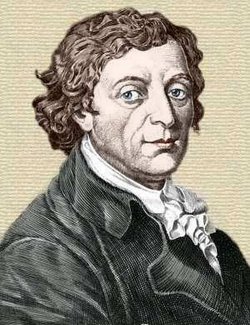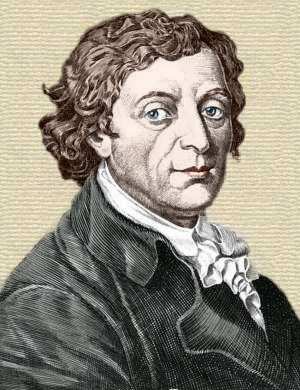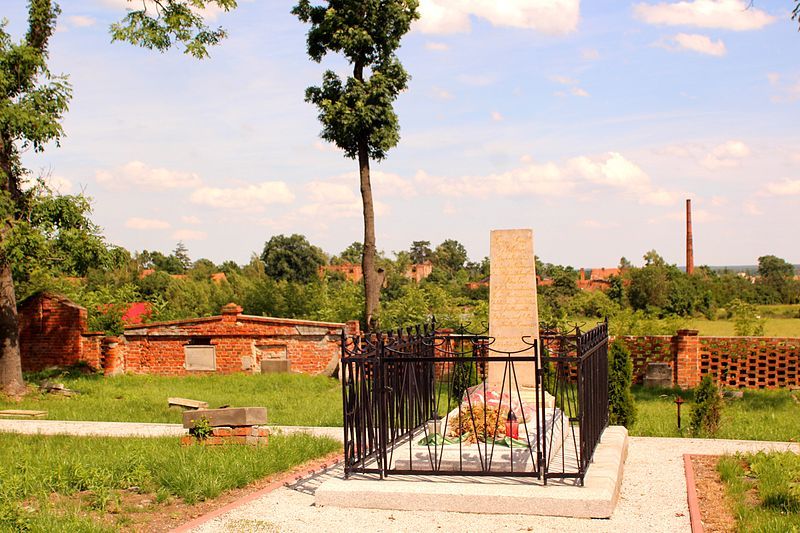Bio by: Anonymous
Inscription
{Obelisk front}
Franz Carl
Achard
Director der
Königl. Academie
der Wissenschaften
zu Berlin,
Mitglied mehrerer
In- u. Ausländerischen
Gelehrten Societäten
und Ritterguths
Besitzer auf Ober
u: Nieder Cunern
Geboren zu Berlin
1753 den 28. April,
Gestorben zu Cunern
1821 den 20. April.
{Obelisk back}
Heiter
und leicht ist
der Tod des
Gerechten;
Groß
ist sein
Lohn!
{Plaque}
DEM
BEGRÜNDER
DER DEUTSCHEN
ZUCKERINDUSTRIE
DER VEREIN
FÜR DIE
RÜBENZUCKER-
INDUSTRIE
DES DEUTSCHEN
REICHES
1886
Gravesite Details
Obelisk recently replaced, went missing after WWII
Advertisement
See more Achard memorials in:
Records on Ancestry
Sponsored by Ancestry
Advertisement




